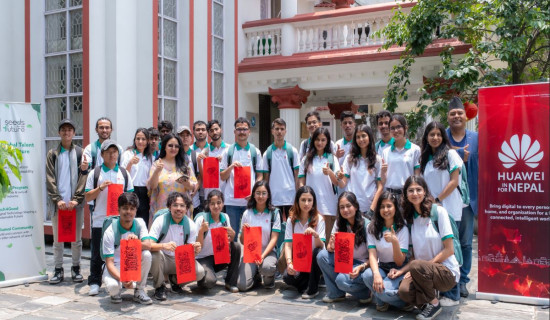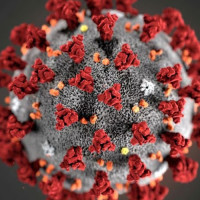- Wednesday, 2 July 2025
Why Success Is Overrated
In 2024, Bankrate released a fascinating—and honestly, sobering—study: Americans believe they need an average income of $186,000 per year to feel financially secure. That’s more than double the actual average full-time income in the U.S., which sits at around $79,000. Even more striking? To feel “rich,” most respondents said they’d need to earn at least $520,000 per year. We think, if I just had more—more money, more prestige, more success—I’d feel content. But somehow, once we reach the next milestone, the satisfaction slips through our fingers. It never seems to be enough.
Arthur Brooks, in his insightful 2022 Atlantic article, says this plainly: The secret to satisfaction has nothing to do with money, achievement, or stuff. And he’s not alone. A wealth of research confirms that the high we get from success is almost always temporary. So why does the next big thing never quite deliver? The answer lies in something called hedonic adaptation. This is our mind’s natural tendency to return to a stable level of happiness despite major positive or negative life events. In simple terms: Whether you win the lottery or get promoted, your emotional high won’t last.
In one famous study, researchers compared people who had recently won large lottery prizes to individuals who had suffered life-altering accidents, such as paralysis. You might assume the lottery winners would be significantly happier long-term. But that’s not what the researchers found. After an initial spike in happiness, the lottery winners’ satisfaction levels declined—and the accident victims’ gradually improved. Over time, both groups settled back to surprisingly similar levels of day-to-day happiness.
What do we do with this information? If success—financial, professional, personal—isn’t the key to lasting happiness, what is? Here are three counterintuitive strategies that offer a more sustainable path to fulfillment:
1. Do more of what lights you up. I call this “little-p purpose.” It’s not about saving the world or launching a seven-figure business. It’s about engaging in the kind of everyday activities that make you feel alive, grounded, and joyful. Little-p purpose is process-oriented, not goal-driven. It’s the joy of doing something you care about deeply, regardless of the outcome.
For one person, that might mean riding horses. For another, it might be delivering meals to shut-in seniors. It could be making art, teaching children, or working in a local brewery. The key is that it energises you. It fills your tank. You lose track of time. You feel like yourself.
2. Focus on becoming, not achieving. Let’s say you want to be a bestselling author. That’s a goal—a potentially satisfying one. But what happens if you don’t hit that mark? And even if you do, how long will the joy last? Instead, consider this: rather than obsessing over achieving the title of bestselling author, focus on becoming an author. That means showing up to write every day. Honing your craft. Publishing something meaningful, whether 10 people or 10,000 read it. This subtle shift from outcome to identity—from goal to growth—can radically change your sense of satisfaction. Instead of chasing the external signals of success, you build internal alignment and fulfilment.
3. Prioritise connection over accomplishment.
The longest-running study on adult happiness, the Harvard Study of Adult Development, has followed participants for over 80 years. Its most consistent finding? The quality of your relationships is the single biggest predictor of long-term health and happiness—not your income, job title, or status. If we want to feel truly fulfilled, we need to invest in the people around us. We need to build communities of internal purpose—places where we’re connected by shared values, mutual support, and a sense of belonging. Whether it’s family, friends, a local book club, or a volunteer team, these communities are where real meaning is forged.
Success isn’t worthless—but it’s wildly overrated. The emotional payoff is often short-lived, diluted by hedonic adaptation and our cultural obsession with “the next big thing.” If you really want to live a rich, meaningful life, shift your focus. Forget chasing success for its own sake. Instead: Follow your little-p purpose—those activities that energize you, that you’d do even if no one noticed. Become the person you want to be—not to impress others, but because it makes you feel whole. And invest in connection—the kind that builds communities, nurtures trust, and roots you in belonging. It turns out the good life isn’t something you achieve. It’s something you build—moment by moment, person by person, with purpose at the centre.
-Psychology Today

















